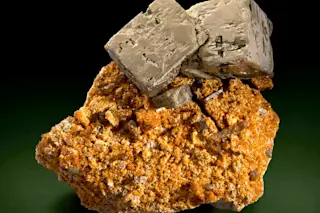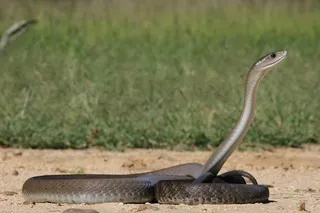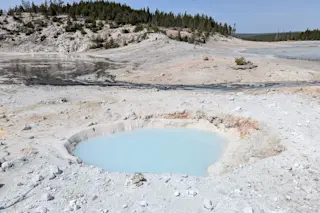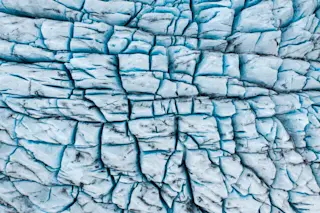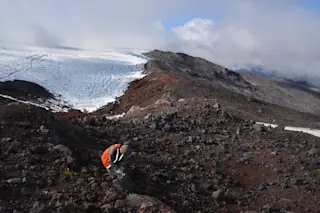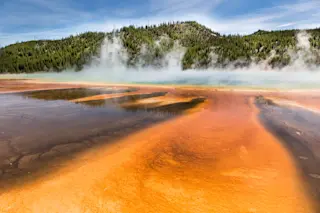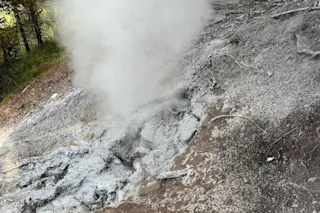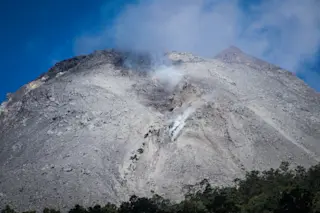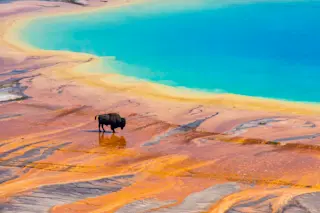Quartz, diamond, calcite and pyrite are a few of the most famous mineral "species,” according to traditional systems of classification. Yet, two papers published in American Mineralogist have advanced a new system to categorize minerals – one that considers mineral structure and the circumstances of mineral formation.
This new approach demonstrates the diversity of the substances on our planet, and advances scientists’ understandings of life on our own planet, as well as the potential for life on others.
Sorting minerals according to their structure and their origins is a substantial shift in the field. “No one has undertaken this huge task before,” says co-author Robert Hazen in a press release, a staff scientist at the Carnegie Institution for Science’s Earth and Planets Laboratory, which will undoubtedly create novel understandings about life on Earth.
In classifying minerals according to their formation, for instance, the team found that the mineral diversity of ...



